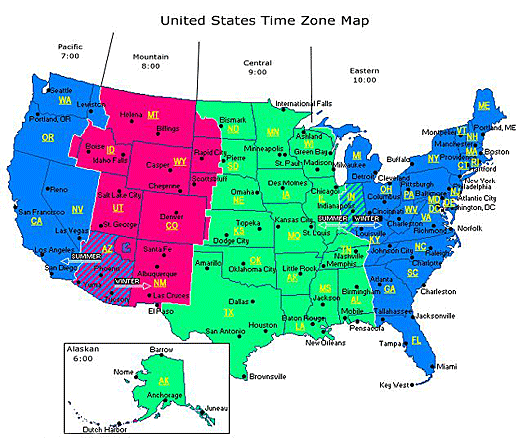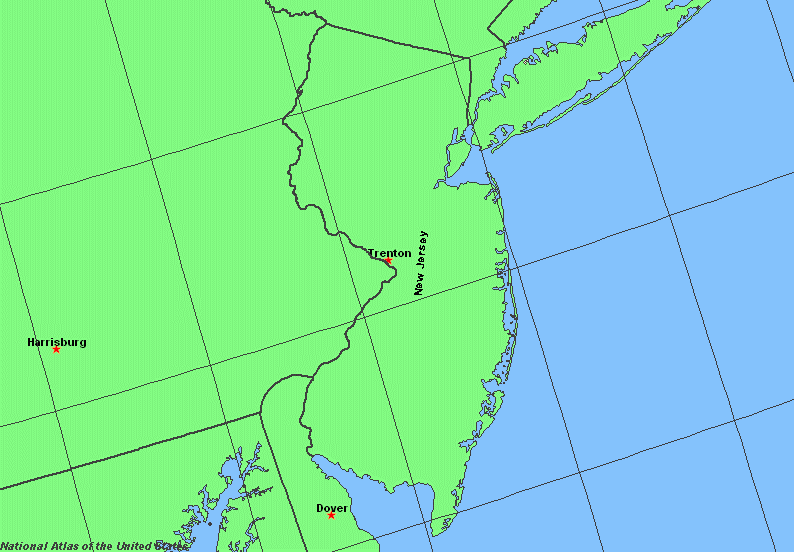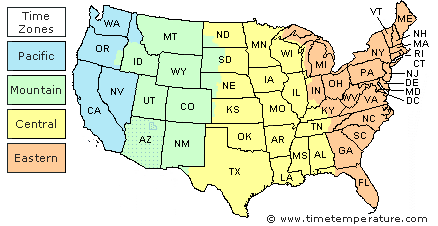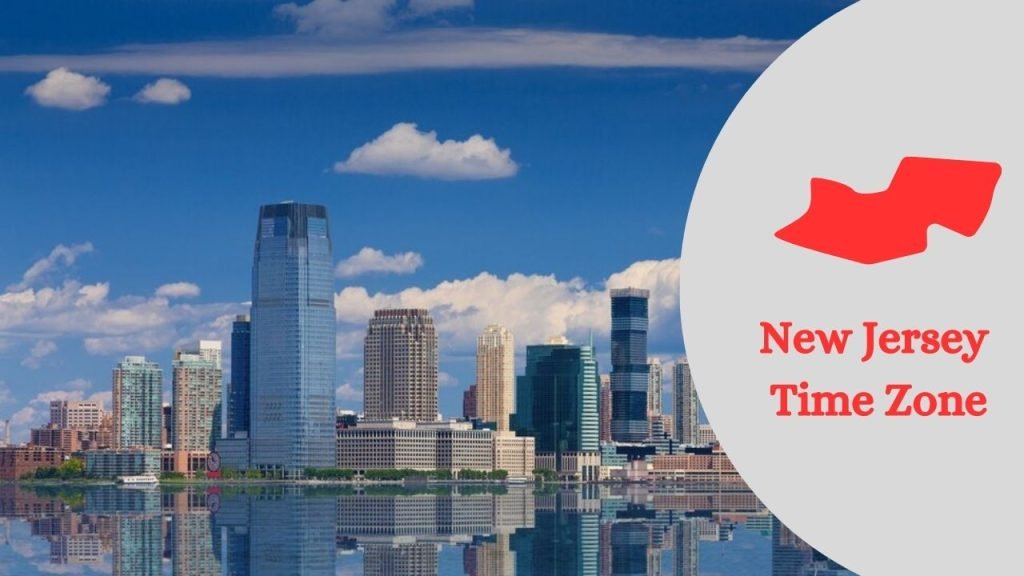Navigating Time: Understanding New Jersey’s Time Zone
Related Articles: Navigating Time: Understanding New Jersey’s Time Zone
Introduction
In this auspicious occasion, we are delighted to delve into the intriguing topic related to Navigating Time: Understanding New Jersey’s Time Zone. Let’s weave interesting information and offer fresh perspectives to the readers.
Table of Content
- 1 Related Articles: Navigating Time: Understanding New Jersey’s Time Zone
- 2 Introduction
- 3 Navigating Time: Understanding New Jersey’s Time Zone
- 3.1 The Eastern Time Zone: A Comprehensive Overview
- 3.2 The Benefits of a Single Time Zone for New Jersey
- 3.3 Navigating the Time Zone: Practical Tips
- 3.4 Frequently Asked Questions About Time Zones in New Jersey
- 3.5 Conclusion
- 4 Closure
Navigating Time: Understanding New Jersey’s Time Zone

New Jersey, nestled along the eastern seaboard of the United States, is entirely situated within the Eastern Time Zone (ET). This means that the state adheres to the same standard time as major cities like New York City, Philadelphia, and Washington, D.C. Understanding the implications of this singular time zone is crucial for various aspects of life in New Jersey, from scheduling appointments to coordinating business operations.
The Eastern Time Zone: A Comprehensive Overview
The Eastern Time Zone, encompassing a significant portion of the eastern United States, observes a standard time that is five hours behind Coordinated Universal Time (UTC). This means that when it is 12:00 PM in Greenwich, England, it is 7:00 AM in New Jersey.
During daylight saving time (DST), which typically occurs between March and November, the clocks are moved forward by one hour. This results in an offset of four hours behind UTC. Therefore, during DST, when it is 12:00 PM in Greenwich, it is 8:00 AM in New Jersey.
The Eastern Time Zone is characterized by its significant population density, housing major metropolitan areas and bustling commercial centers. This concentration of people and businesses necessitates a unified time zone for seamless communication and coordination.
The Benefits of a Single Time Zone for New Jersey
New Jersey’s adherence to the Eastern Time Zone offers several advantages, primarily contributing to a smooth and efficient flow of activities within the state:
- Streamlined Communication: A single time zone eliminates confusion and potential miscommunication when coordinating schedules and meetings, especially in a state with a high concentration of businesses and institutions.
- Synchronized Business Operations: Businesses across the state can operate on a unified schedule, facilitating efficient collaboration, streamlined logistics, and seamless transactions.
- Simplified Travel and Transportation: With a consistent time zone throughout the state, travel and transportation within New Jersey become more predictable and manageable, particularly for commuters and travelers.
- Enhanced Public Safety and Emergency Response: A single time zone ensures a synchronized approach to public safety and emergency response, allowing for efficient coordination and communication among agencies and individuals.
Navigating the Time Zone: Practical Tips
- Check the Current Time: Always verify the current time in New Jersey to avoid scheduling conflicts or missed appointments. Websites and mobile apps offer accurate time zone information.
- Consider Daylight Saving Time: Remember that during daylight saving time, the clocks shift forward by one hour, affecting scheduling and daily routines.
- Coordinate with Others: When communicating with individuals or businesses outside of New Jersey, be mindful of their time zones to avoid scheduling clashes and ensure effective communication.
- Utilize Time Zone Converters: Online time zone converters can be helpful for determining the time difference between New Jersey and other locations.
- Plan Travel Accordingly: When traveling to or from New Jersey, be aware of the time difference and adjust your schedule accordingly.
Frequently Asked Questions About Time Zones in New Jersey
Q: Does New Jersey observe daylight saving time?
A: Yes, New Jersey observes daylight saving time, shifting its clocks forward by one hour between March and November.
Q: What is the time difference between New Jersey and other time zones?
A: New Jersey is in the Eastern Time Zone (ET), which is five hours behind Coordinated Universal Time (UTC). During daylight saving time, the offset is four hours behind UTC.
Q: Are there any areas in New Jersey that are not in the Eastern Time Zone?
A: No, the entire state of New Jersey is located within the Eastern Time Zone.
Q: How can I find the current time in New Jersey?
A: You can use online time zone converters, websites, or mobile apps to check the current time in New Jersey.
Q: What are the implications of a single time zone for businesses in New Jersey?
A: A single time zone simplifies business operations, allowing for streamlined communication, coordinated schedules, and efficient logistics.
Q: How does daylight saving time affect daily life in New Jersey?
A: Daylight saving time shifts the clock forward by one hour, impacting daily routines, scheduling, and the amount of daylight available.
Conclusion
New Jersey’s singular adherence to the Eastern Time Zone plays a crucial role in facilitating communication, coordinating business activities, and streamlining travel and transportation within the state. Understanding the implications of this time zone is essential for individuals and businesses alike, enabling them to navigate daily life and conduct business efficiently. By remaining informed about the time zone and its nuances, residents and visitors can ensure smooth interactions and a seamless experience within New Jersey.







Closure
Thus, we hope this article has provided valuable insights into Navigating Time: Understanding New Jersey’s Time Zone. We hope you find this article informative and beneficial. See you in our next article!